A national survey of parents with children under the age of 18 found that: 32% missed at least one pediatric medical appointment in the last year because they were unable to get to it or pay for it. 30% reported not having enough time to focus on their child’s health unless it’s a medical emergency. 23% were experiencing food insecurity. Despite their best efforts and intentions, care managers sometimes encounter barriers when trying to engage families of pediatric members facing these and other social determinants of health (SDOH). How SDOH Needs Impact Family Engagement and Outcomes As the study referenced...
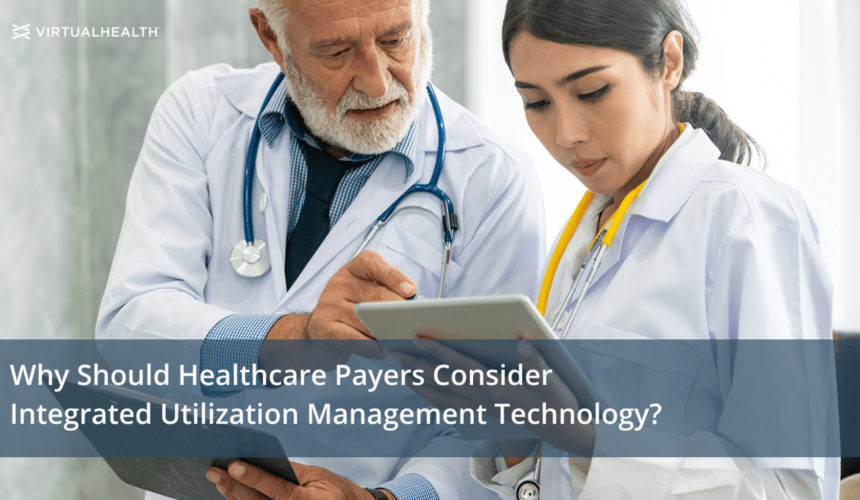
Why Should Healthcare Payers Consider Integrated Utilization Management Technology?
Drive faster authorizations, reduce human error and administrative burden, and get higher plan satisfaction ratings As value-based care models continue to grow in popularity, healthcare plans and providers should take this opportunity to consider holistically transforming their utilization management (UM) program approach. Historically, utilization management and care management have been separate disciplines with separate data. This siloed approach can result in higher costs, more administrative effort, slower care delivery, and poor member experiences. HELIOSum, which was recently launched in 2022, simplifies the entire utilization management process. The Quick Benefits of HELIOSum A cloud-based solution, HELIOSum unifies providers, care managers, and...
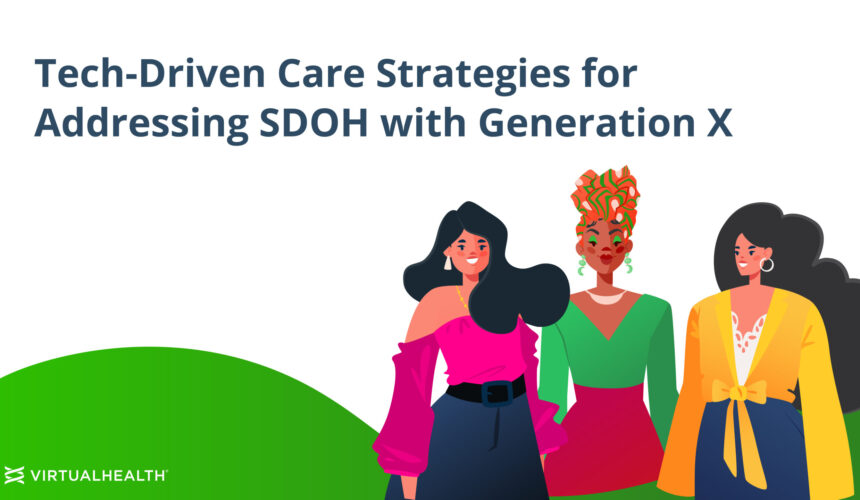
How Can You Deliver Value-Based Care that Engages Generation X?
This post is the third in a five-part series highlighting top insights from our white paper, Personalized Value-Based Care: Effective Multi-Generational Care Management Strategies. Addressing generation-specific attitudes, concerns, and preferences regarding healthcare, as well as individual non-clinical factors that impact health, is integral to driving member engagement and better outcomes. Here, we explore how organizations can improve delivery of personalized, value-based care at scale for health care payers managing populations with Generation X members. These are the health plan members either on a commercial employer health plan or aging into Medicare. At a Glance: Top Health Concerns of Generation X...
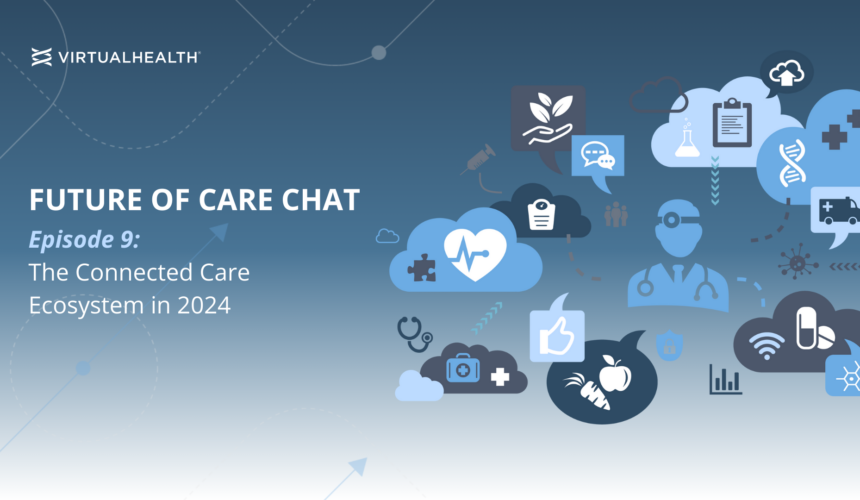
Future of Care – Episode 10: The Connected Care Ecosystem in 2024
Enabling a whole-person care approach that benefits members, payors, and providers From member-centered, whole-person care to driving cost savings, better coordination of care, and more efficient processes, this is all part of the connected care ecosystem. Join Robert McChane, VP of Marketing, and Katie Nieto, Senior Program Manager, in our latest Future of Care Chat episode about creating a connected care ecosystem and why this matters for #healthcare payors focused on value-based care.
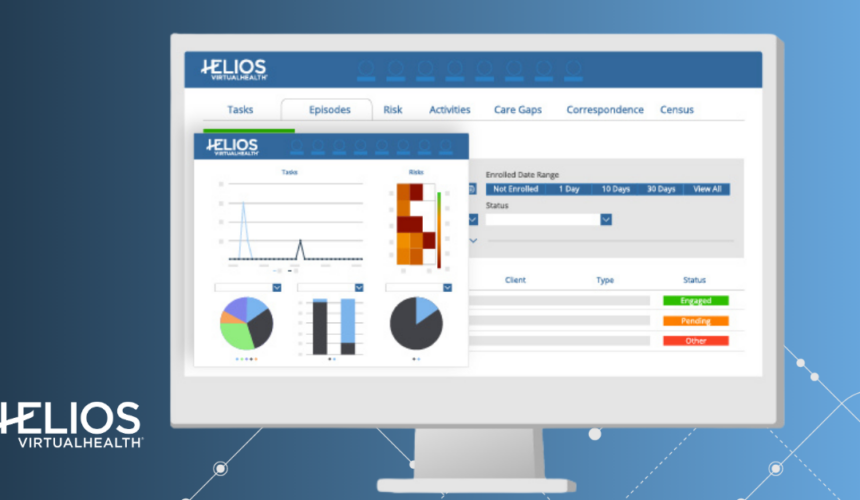
6 Ways Healthcare Payers and Plans Can Improve Their Data & Analytics Initiatives
We’re in the age of big data, and one of the challenges healthcare payers have is to make sense of all the data they capture. From pulling actionable insights to identify and close care gaps to quickly providing the quality metrics and reports needed by state and federal regulatory bodies. For healthcare organizations, integrating data-driven insights into clinical and operational processes can help drive better health outcomes, make care teams more effective and efficient, lower healthcare costs through proactive care, and create better visibility into performance and productivity. Below we look at six ways healthcare payors and plans can improve...

How Can Payers Better Support Adults with Behavioral and Mental Health Needs?
Mental health and behavioral health support is a critical need for health plan members. This is especially true for payers handling commercial, individual, and Medicaid populations with members. As of 2024, the National Institutes of Health has found mental health conditions are common in 33.7% of adults aged 18 to 25 years, 28.1% of adults aged 26 to 49 years, and 15% of adults aged 50 years and older. And according to the National Alliance on Mental Illness (NAMI): 1 in 5 adults experience mental illness each year 75% of all lifetime mental illnesses begin by age 24 Data collected from...
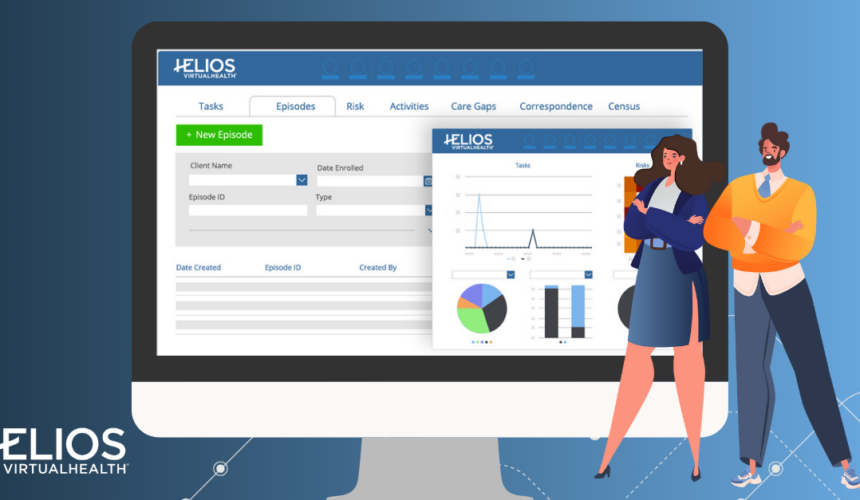
Why a Good UX is Critical for Medical Management Platforms
A good UX (user experience) is a key player in how quickly a care management platform is adopted and how successfully it’s utilized. Adoption and usage are key concerns for healthcare organizations when choosing a medical management platform. This is especially true for those with large teams of care managers or case managers who need to support thousands of users and may also be leveraging portals for patients and providers. Making things easy to use, easy to understand, and easy to navigate and access can help boost platform adoption and usage. This often translates into better ROI, improved healthcare management...
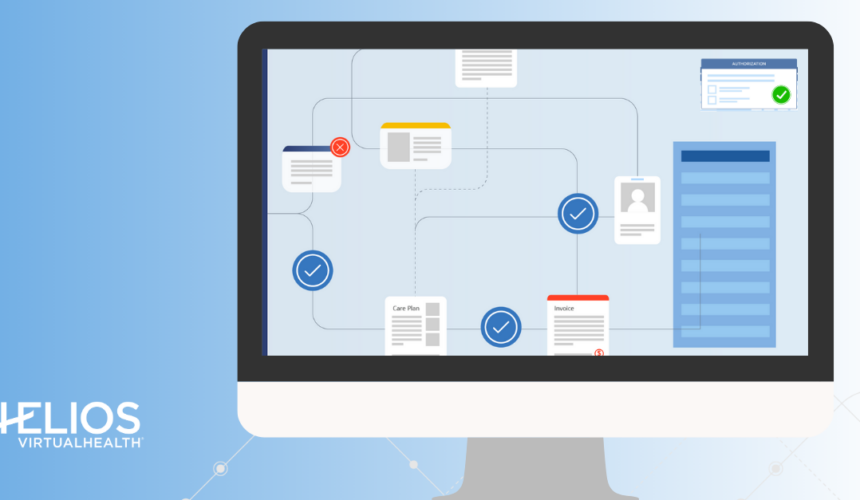
How to Automate Care Management & Utilization Management with Configurable Workflows
Use industry-leading rules engines and intelligent workflows for efficiency gains Did you know that HELIOS already has built-in functionality that helps clients automate and streamline care management, utilization management, and case and disease management? This includes everything from automations for assigning tasks to the right staff member and triaging members to letters, risk flagging, and more. It’s why HELIOS can result in up to 93% increased efficiency for care management teams. Our tools to help automate care management and utilization management are available with HELIOS’ out-of-the-box platform. How is this possible? It’s thanks to the unmatched configurability (90%) and flexibility...
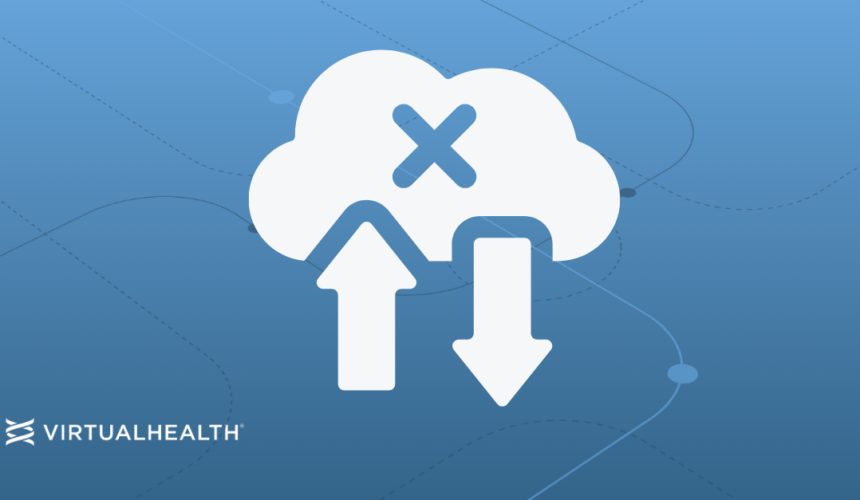
Why a Lack of Interoperability is Problematic in Healthcare
Interoperability is currently a big challenge for healthcare organizations using care management and population health technologies. To put it simply, these technologies lack interoperability (or sufficient interoperability). And it’s hurting member care and engagement. Interoperability is also lacking in utilization management solutions, which contributes to delays in authorizations and getting members the care they need. Moreover, many of today’s data interoperability solutions are just not interoperable enough. They’re not able to support seamless communications between healthcare payors and providers, and they’re not able to quickly exchange bi-directional feeds. Why Does Interoperability Matter for Care and Utilization Management? Interoperability means two...
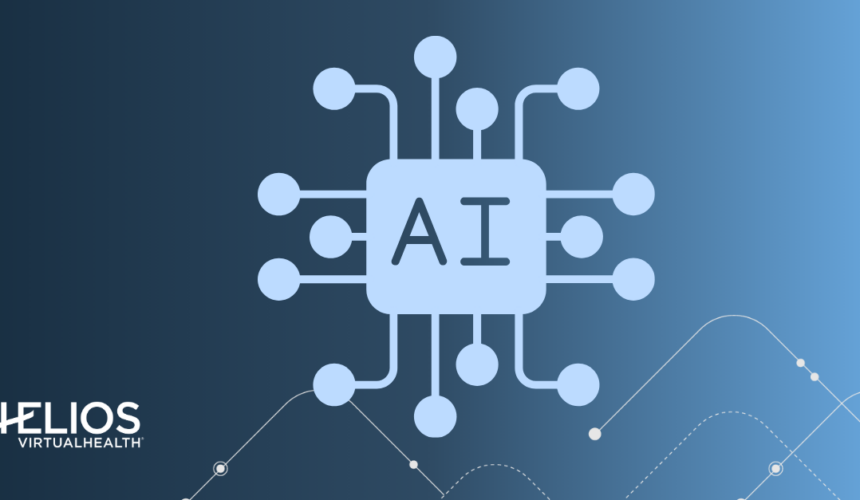
VirtualHealth & AI: Harnessing AI in HELIOS to Accelerate CM and UM Value
Artificial intelligence (AI) is a trending thing in healthcare, and it’s why HELIOS already has built-in integrations powered by AI that clients can leverage. AI is threaded throughout the HELIOS platform in a variety of ways. Specifically for this blog, we’ll focus on how AI is leveraged to power predictive analytics for population health and help automate decisioning and authorizations. VirtualHealth is actively integrating Artificial Intelligence (AI) technologies into its HELIOS platform intending to accelerate outcomes its customers care most about, which are to enhance efficiencies, improve patient outcomes, and streamline operations. By leveraging machine learning models, secured LLMs (Large...


